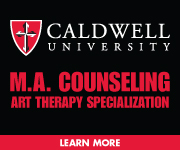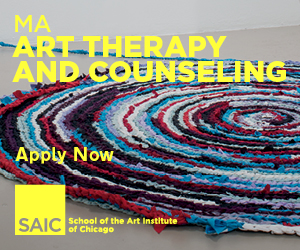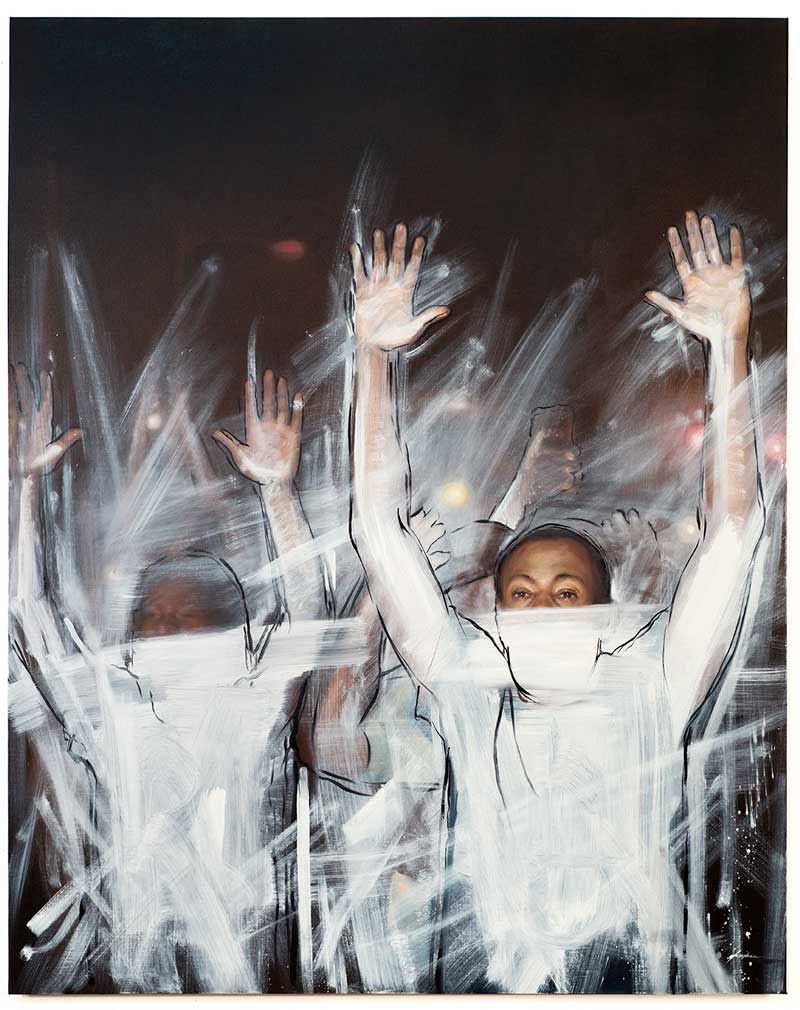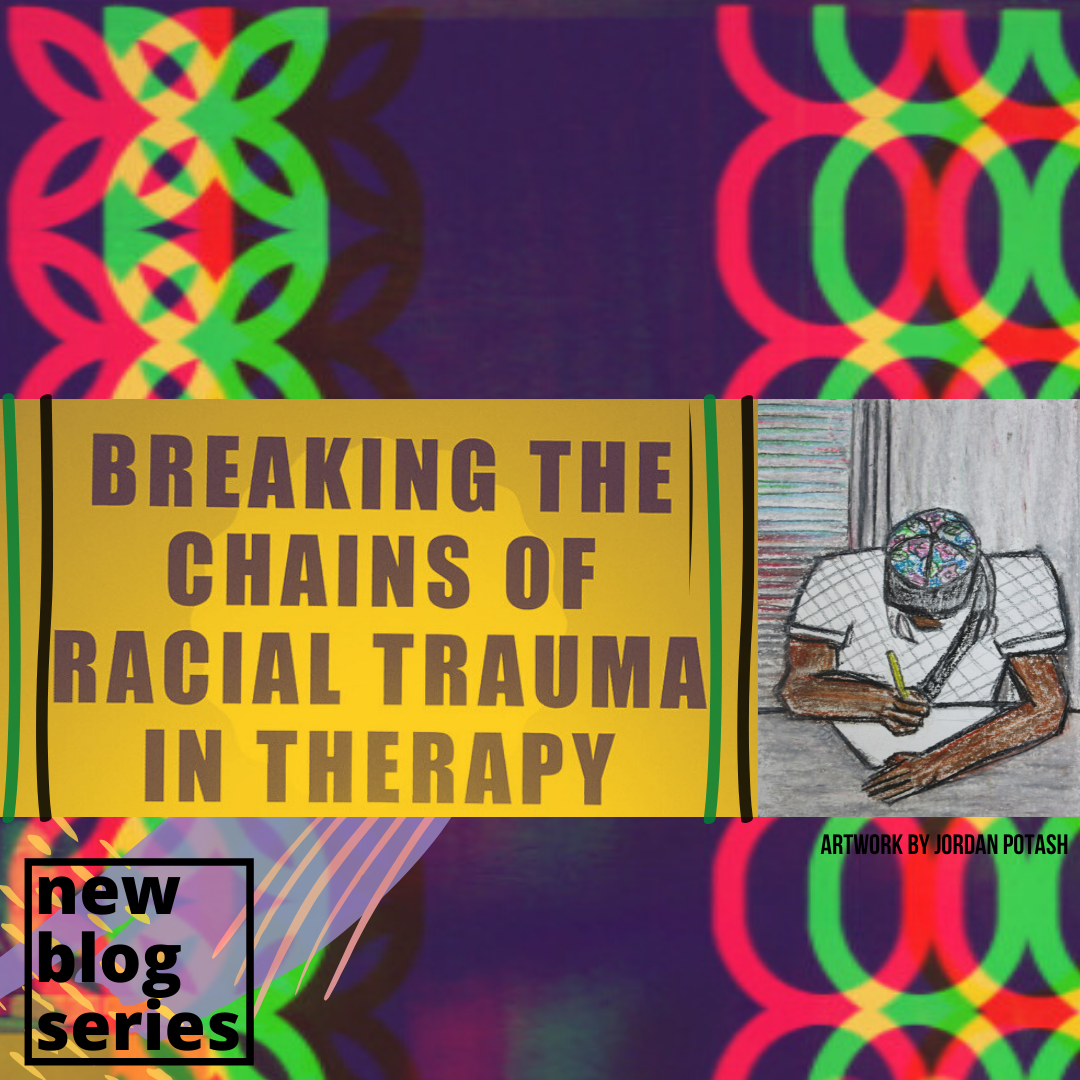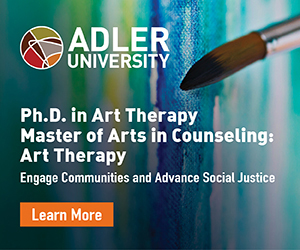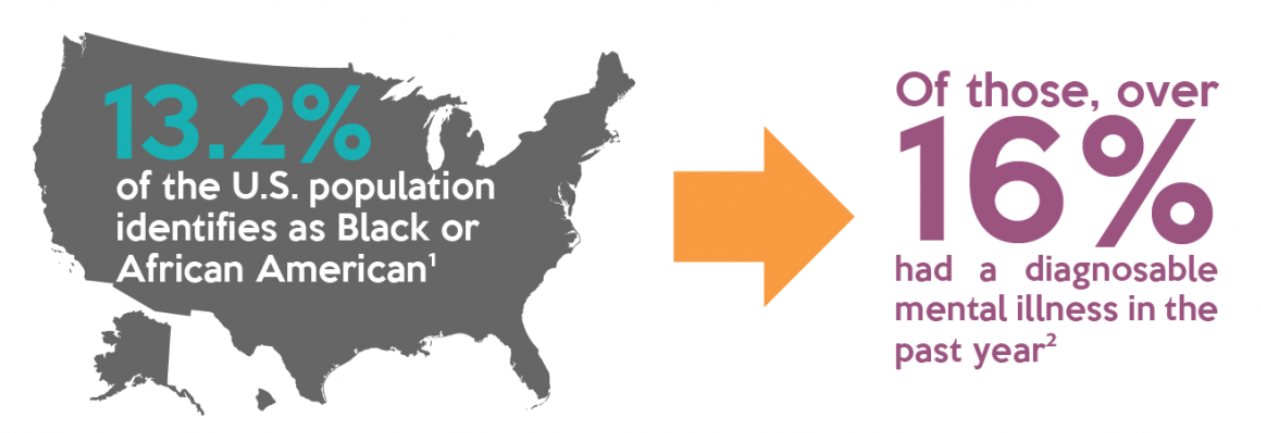 |
||||||||||||||||||||||||||
| Archive | Subscribe | Advertise | arttherapy.org | ||||||||||||||||||||||||||
|
As Americans continue to protest the horrifying police brutality that has plagued our country for generations, we have the responsibility to listen and stand together to create sustainable systemic change. As art therapists, we work with clients and communities impacted by long-standing institutional racism and injustice. We are called upon to advocate for equity and to work creatively to support communities of color. In today’s ATT, we highlight some of the many mental health advocates and artists in the Black community. We also want to share mental health resources and materials to better educate ourselves around anti-racism. We hope that this content will help inform the much needed dialogue and action to address social injustice. I realize this is only a small sampling of what's out there, and I invite you to share resources from your own community. Please tag us on Twitter (@ArtTherapyOrg) or join the discussion on the MyAATA member forum. — AATA President Margaret Carlock-Russo, EdD, LCAT, ATR-BC, ATCS
AATA News Art therapists are often called in for support after a traumatic event—to help people and families grieve and heal. But such egregious events as Mr. Floyd’s death, or the many others before him who died by police brutality, not only devastate the entire community but shock our nation. These events expose the destructive effects of systemic racism, racial trauma, and oppression targeting communities of color.
In this blog series, Gwen Short, ATR introduces four subject matter experts to share tips from their perspectives on the topic of racial trauma and therapy:
If you need someone to talk to right now:
If you are not in crisis, warmlines across the nation are available. Directories for therapists of color:
Additional resources:
National Alliance on Mental Illness "While there is much we need to do to address racism in our country, we must not forget the importance of mental health as we do so. Racism is a public health crisis," said National Alliance on Mental Illness CEO Daniel H. Gillison, Jr. Find African American Mental Health Resources, Treatment Directories, and Educational Resources at the link below.
Yahoo News In 2019, police officers killed over 1,000 people in America. Of that number, 23% of those murdered were black, despite being 13% of the population, according to the Washington Post.
Public document compiled by Sarah Sophie Flicker This document compiled by Sarah Sophie Flicker is intended to serve as a resource to white people and parents to deepen our anti-racism work. If you haven’t engaged in anti-racism work in the past, start now. Feel free to circulate this document on social media and with your friends, family and colleagues.
JSTOR Daily This article asks, "How can we help students understand George Floyd’s death in the context of institutionalized racism?"
DOCPLAY Many people are finding it difficult to articulate how to discuss issues of racism, injustice, discrimination and privilege. If that's you, take some time to learn and listen. Here are several important documentaries about race, racial prejudices and privilege within our society.
TV Guide Just Mercy, Michael B. Jordan's 2019 drama highlighting systemic racism in American policing and legal systems, will stream for free on digital platforms this month, Warner Bros. announced.
BEAM Org Watch Healing & Social Justice, an episode in BEAM's Conversations on Black Healing video series, featuring Rev. Kyndra Frazier, Yolo Akili Robinson and Alex Hardy.
NPR The mass protests across the U.S. over police brutality toward black people are raising concerns about the risk of spreading the coronavirus. But even as health experts urge caution, some said they support the demonstrations as racism also poses a dire health threat.
Haymarket Books This collection of reports and essays (the first collaboration between Truthout and Haymarket Books) explores police violence against black, brown, indigenous and other marginalized communities, miscarriages of justice, and failures of token accountability and reform measures. It also makes a compelling and provocative argument against calling the police.
Teen Vogue "It seems there is an overwhelming expectation that Black activists and organizers will say something profound about Black death, but what I have to offer is not some profound truth but a simple request: Take action," writes Zyahna Bryant, a Charlottesville-based activist, organizer and social impact strategist.
WCNC It’s something we've seen in our country over and over again: A black person dying at the hands of someone else. These deaths, often caught on camera, are followed by protests and outrage. While many find these images emotionally draining, it's more than that for black people — it's personal.
NBC New York New York-based Dr. Dana Crawford, a U.S. psychologist specializing in racial trauma, says she is seeing a substantial increase in the amount of people wanting to talk to her. Across America, people are looking to have their voice heard.
Psychology Today Dr. Dara Winley writes, "Today, I asked an African American client how she was doing in light of the ongoing hate crimes against Black people in this country, and she said: 'It makes me feel disgusted… but mostly…unwanted.'”
Medium "In this moment, we know there are thousands of white people who are looking for direction and a way to show up alongside Black communities and communities of color. Welcome. You are needed. Here are a few ways to start showing up — not just in words but in action," writes organization Showing Up for Racial Justice, a national network that moves white people to act as part of a multi-racial majority for justice.
National Lawyers Guild San Francisco This list shares and celebrates the various ways our communities can engage in liberation. For many reasons, there are and always have been folks who cannot attend rallies and protests but who continue to contribute to ending police and state violence against black people.
WebMD Another wave of police killing black Americans has stunned the nation, leading to protests across the country and around the world. For African American people, the repeated discrimination and racism causes distress and can lead to PTSD, says Monnica Williams, PhD, an associate professor of Psychology at the University of Ottawa, in Canada.
Spectrum News For many, the reasons protests are taking place across America are obvious. People are upset over the racial injustices that have played out over decades and have gone unresolved. Recently, the public has been overwhelmed by many images of those injustices.
Essence From Taraji P. Henson to Jay-Z to Jenifer Lewis, these powerful celebrities are telling us there is nothing to be ashamed of when it comes to seeking help for mental health issues.
|
||||||||||||||||||||||||||
|
The AATA's Art Therapy Today includes a digest of the most important news selected for the AATA from thousands of sources. Guest articles may be submitted to info@arttherapy.org. Publication of any guest article is at the sole discretion of the AATA. The opinions expressed and/or contents of guest articles, advertisements, and external links included in any AATA publication do not represent the positions or policies of the AATA. The AATA makes no warrenty or representation concerning the accuracy of such content. |
||||||||||||||||||||||||||
